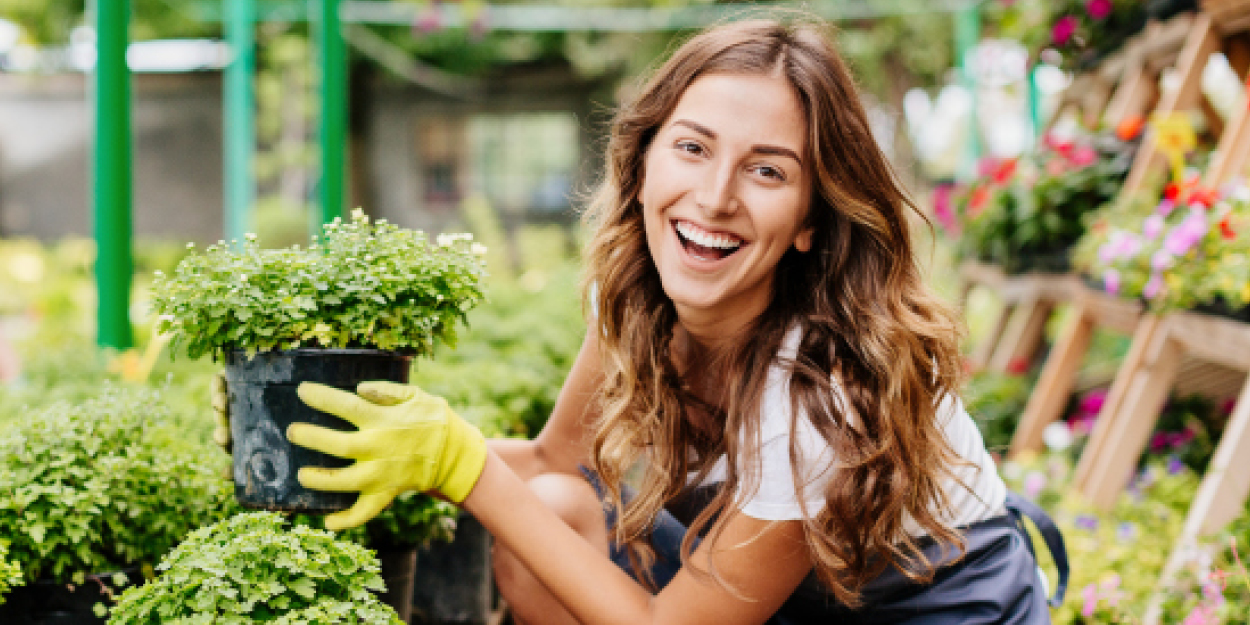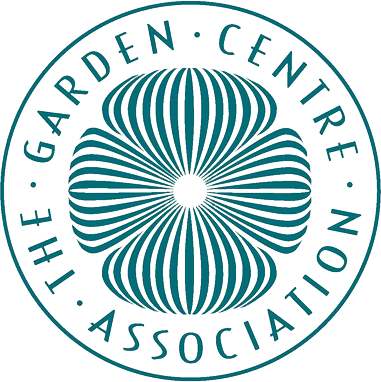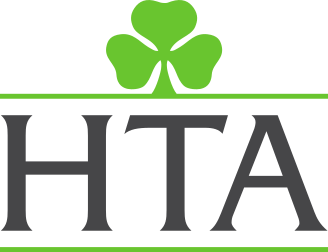What Do Wild Birds Like to Eat?
November 22nd, 2022 | Categories
If you’re thinking about helping birds in winter, or attracting more to your garden generally, then it’s important to know that different bird species have different dietary needs, so it’s useful to know what kinds of birds are to be found locally so you can plan accordingly. Location and species are probably the two most important factors in determining what food to consider. The most common types of food that birds eat are insects, seeds, fruits, and nuts, but some like more of these things than others. For instance, blue tits like eating seeds, suet and peanuts, blackbirds will feed on a range of things from insects like mealworms, to seeds and fruits, robins will enjoy eating insects, worms, and berries. Most birds though will never pass up an easy to reach source of food!
The good news is there are many great products available from reputable suppliers that are nutritionally rich and balanced to give our feathered friends what they need to survive and thrive. You can supplement this with some common things from the kitchen, but only the right ones, because certain items can be harmful to wild birds. Don’t worry, we cover that and more in this handy guide.
Read on to find out what our wonderful wild birds enjoy eating and they’ll be visiting the garden in no time.
Foods that Birds Love
Here are some tips on what to feed wild garden birds. By offering a variety of foods, you’ll attract a wider range of birds to your garden:
Insects
Insects are one of their main food sources and a fantastic source of protein and essential nutrients. Dried mealworms and calciworms are particularly loved. No bird will pass these up! Protein is essential for them to grow and maintain strong feathers.
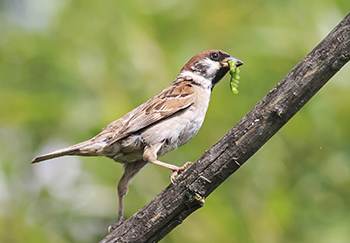
Seeds
Birds enjoy eating a whole range of seeds providing essential nutrients to survive, but they find sunflower seeds particularly delicious. You can buy plenty of mixtures of seeds, but better-quality ones have higher content of flaked maize, sunflower seeds and peanut granules. Avoid mixtures that have things like split peas, beans, dried rice, and lentils. These are added to bulk up poorer quality mixtures.
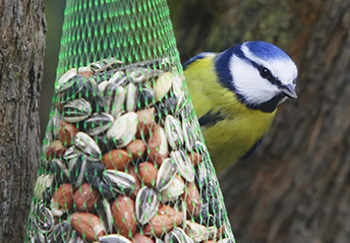
Fruits (without seeds)
Fruits without seeds are most desirable for birds because they are an excellent source of energy from the sugars found abundantly within them. They’ll enjoy blueberries, raspberries, currants, blackberries, holly berries, juniper berries, oranges, plums, apples, grapes, cherries, crab apples, and more. Just remember if any fruits you put out have a core or pit of seeds to remove first. Dry fruits like raisins and cranberries are also a good option.

Nuts
Nuts are a favourite food of many bird species, especially in the wintertime. Offer peanuts, almonds, or other nuts in a bird feeder or on a flat surface like a bird table and they’ll get a bunch of nutrients and good fats to help them through. Don’t use any salted or roasted nuts as the higher quantities of salt can make them very sick and possibly die. Additionally, you shouldn’t put loose whole nuts out in the spring and summer as they’ll present a choking hazard for young chicks. Always crunch them into much smaller bits.
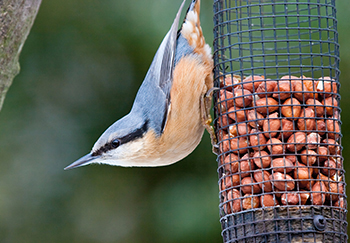
Pre-prepared Mixes, Cake and Food Bars/Balls
To make your life easier you can buy many varieties of worms, seed mixes, suet bites, fat balls, and more tasty foods our marvellous garden birds love. It means you don’t have to go to the extra hassle of preparing a suitable mixture of foods on your own, and they are already balanced out with the nutrients they need all in a tasty mix.
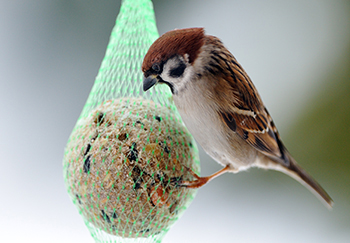
What Can Birds Eat from the Kitchen?
Buying a lot of food specifically for the birds might be too expensive to do all the time, or you might have forgotten to buy some, and the birds are looking into your window loitering for scraps! The good thing is many of our common kitchen items we enjoy can be given to the birds too. Just be sure to avoid giving them any processed foods or table scraps, as these can be harmful to their health. They can have:
Rice
Plain cooked rice, brown or white with no added salt can be eaten by all birds and is a good source of energy especially during the cold winter months.

Oats
Uncooked porridge oats are also fine but never cooked, this makes them glutinous and could harden around a bird’s beak.

Cereal
Any dry breakfast cereal makes for useful bird food, although you need to be careful only to put out small amounts at a time. Ensure there’s a supply of drinking water nearby, since it quickly turns into pulp once wet.
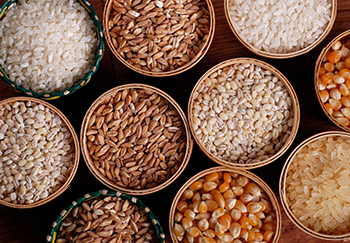
Cheese
Birds can also enjoy grated cheese and other fermented dairy products. It’s high in fats so will give them a real energy boost. However, birds cannot digest milk or soft cheeses, and it can make them seriously ill.

Eggshells
Cooked eggshells are a great calcium boost. Just be sure to bake first for about 15 – 20 minutes to kill any harmful bacteria. Don’t put out too many to avoid leftovers that can attract pests.
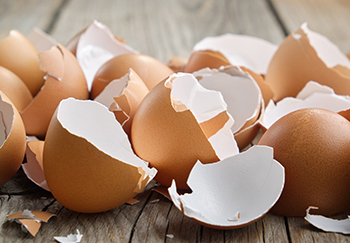
Potatoes
Baked potatoes, roasted potatoes, boiled potatoes, and even mashed potatoes are all suitable food for birds.

Dog and Cat Food
It’s no joke! Did you know meat tinned dog and cat food are a good substitute to worms? Even more so during a particularly dry spell in summer when the ground is too dry for birds to reach any worms. Be wary about putting out too much as you may attract pests like rats over time.
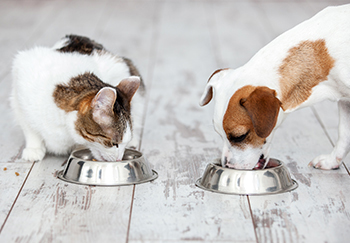
Foods that are Poisonous
Many birds are opportunistic eaters and will try just about any type of food they come across. Unfortunately, this can sometimes lead to birds ingesting things that aren’t so good for them, even poisonous. Some common foods are potentially fatally poisonous to birds so be sure to keep them well away from your feathered friends:
Fruit Pits
Avoid giving wild birds any fruits that have pits or seeds in them, as these can be choking hazards, as well as poisonous. Apple seeds for example contain cyanide, which is lethal in small doses.

Avocados
Avocados are very popular now in the UK but they contain a substance called persin which can cause respiratory distress in birds, so keep them well away.

Chocolate
Chocolate contains theobromine which comes from the cacao plant, a substance that can be toxic to birds in high doses.

Salt
While we humans enjoy salt for that extra flavour as do birds, they can’t metabolise it and is very toxic to them in high quantities. So, avoid anything that has a high salt content. It’s better to avoid entirely as in the wild they typically wouldn’t encounter enough salty foods to harm themselves.

Alcohol
We know what you’re thinking, why on earth would I give the birds alcohol? Well, you wouldn’t give them it straight, but rather, indirectly. Certain fruits can ferment, leading to the little birds getting drunk and harming themselves or leaving them vulnerable to predators, as well as becoming dehydrated or getting alcohol poisoning.

A Note on Feeding Birds Bread
While bread can be eaten by birds and so many people do it, it’s not very good for them nutritionally. Bread does not contain the necessary proteins, minerals and fats birds need from their diet. If a bird eats too much bread it can fill them up but can then lead to vitamin deficiencies and ill-health.
And that’s What Birds Like to Eat
By following these simple tips, you can avoid things that are harmful for birds to eat and create a smorgasbord of delights that will attract more birds to the garden. In turn, they’ll reward you with interest and even provide a boon to your own gardening by becoming a natural pest controller for insects that might not be so good to your own plants, veggies and fruits. Win-win!




